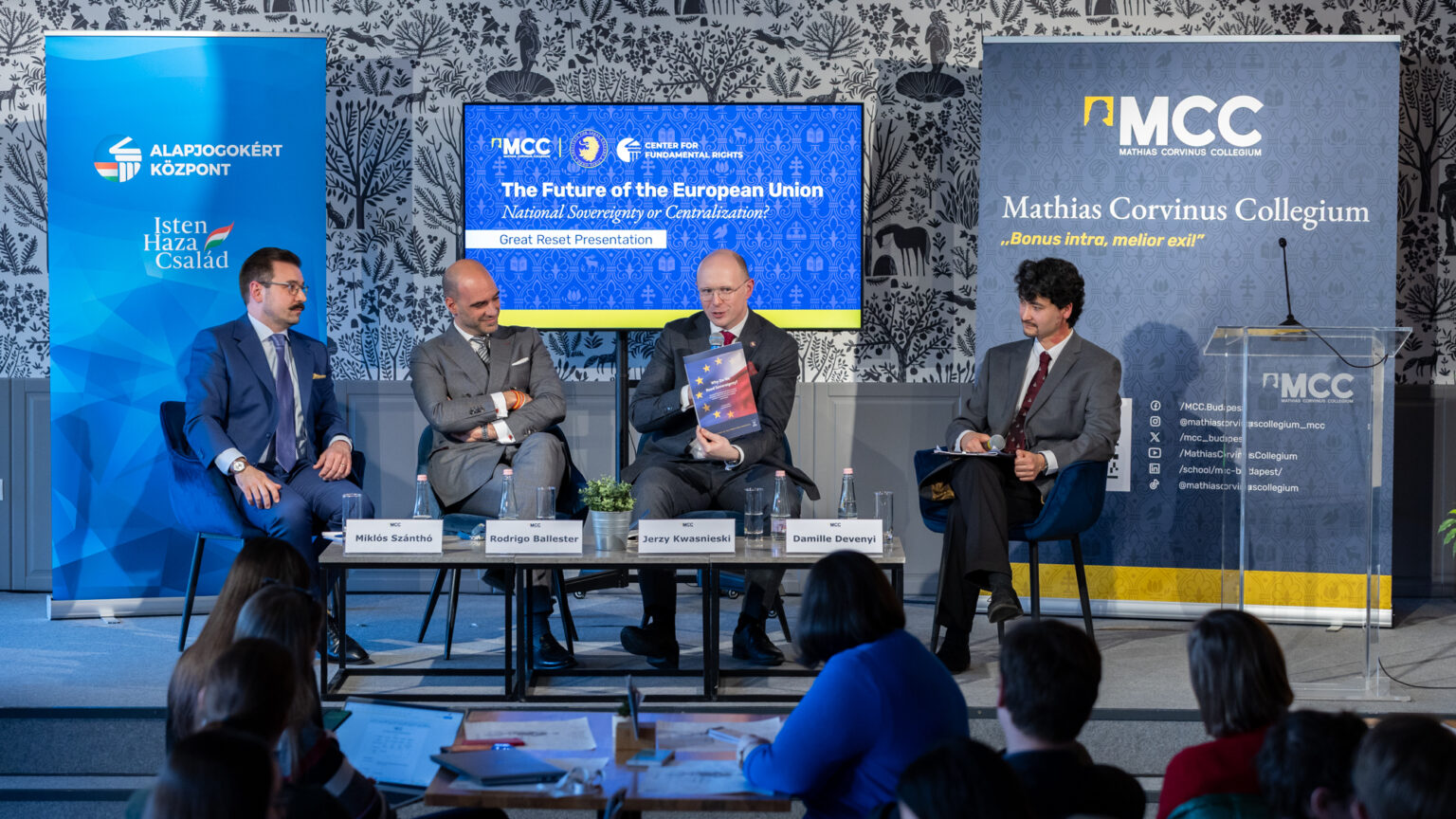
‘The current course [of the EU] leads straight to disintegration,’ Balázs Orbán pointed out in his keynote address at an event at Mathias Corvinus Collegium (MCC) in Budapest, focusing on the recently published joint report by MCC and the Polish Ordo Iuris Institute on the urgent need for EU reform. Orbán’s speech was followed by a panel discussion featuring the report’s authors, Jerzy Kwaśniewski of Ordo Iuris and Rodrigo Ballester of MCC, alongside Director General of the Center for Fundamental Rights Miklós Szánthó.
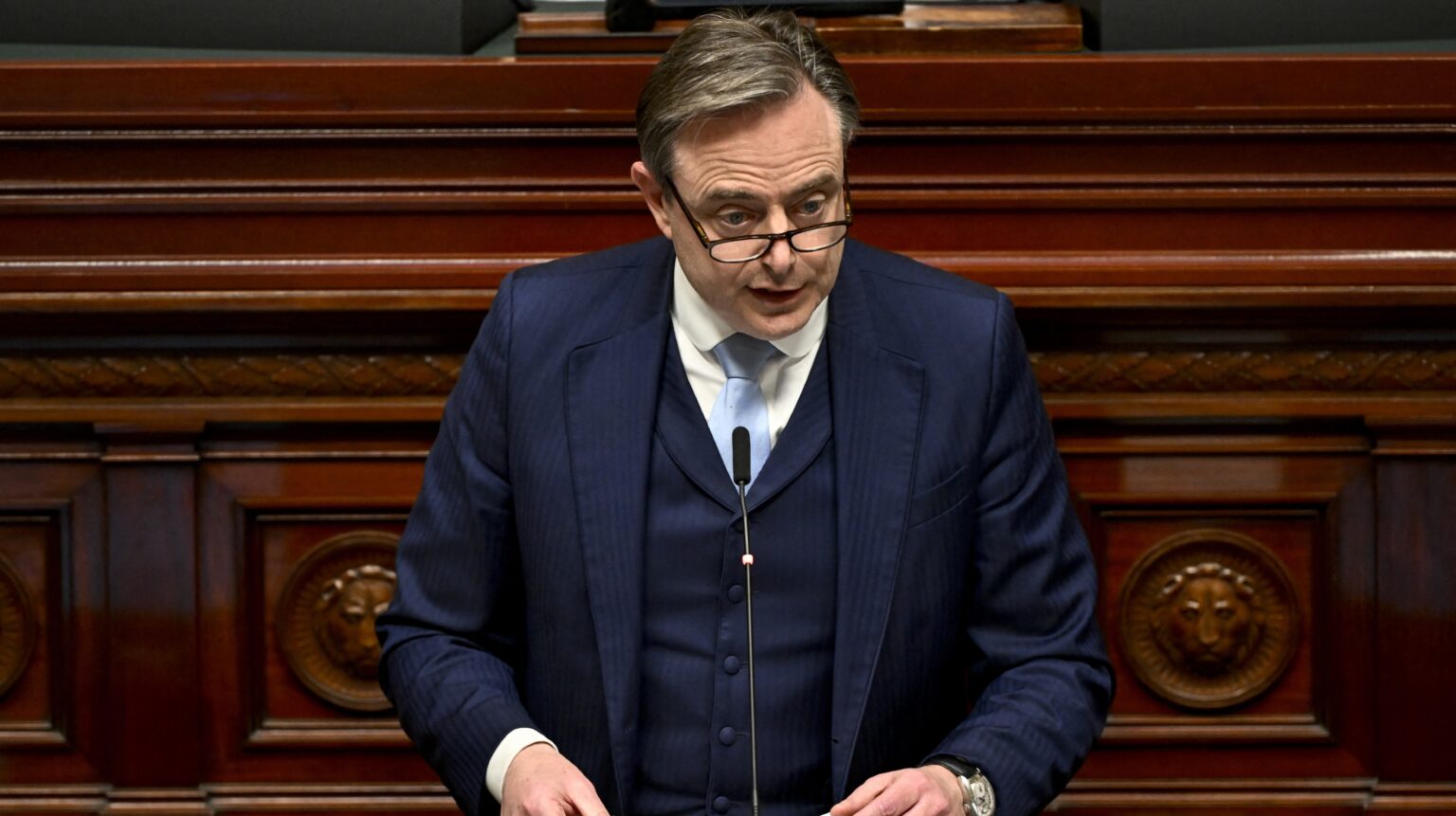
The leader of Belgium’s most important Flemish nationalist movement in decades has been put in charge of a right-leaning coalition in the country he once vowed to split.
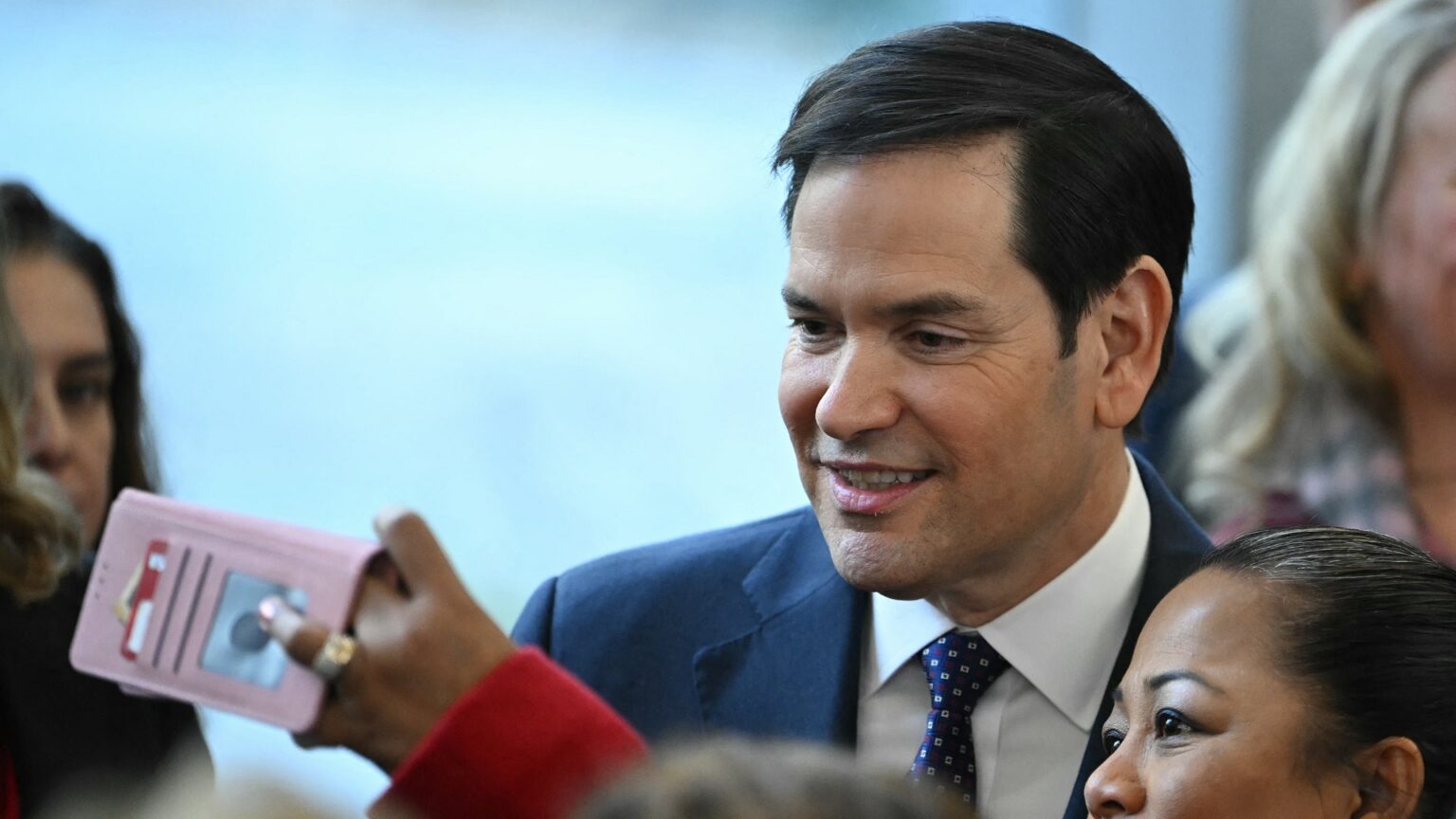
According to reporting by POLITICO, US Secretary of State Marco Rubio urged Foreign Minister Péter Szijjártó of Hungary to have the Hungarian government lift its veto on the renewal of sanctions on Russia by the EU. Hungary eventually did refrain from using its veto power, and thus the sanctions have been renewed for another six months.
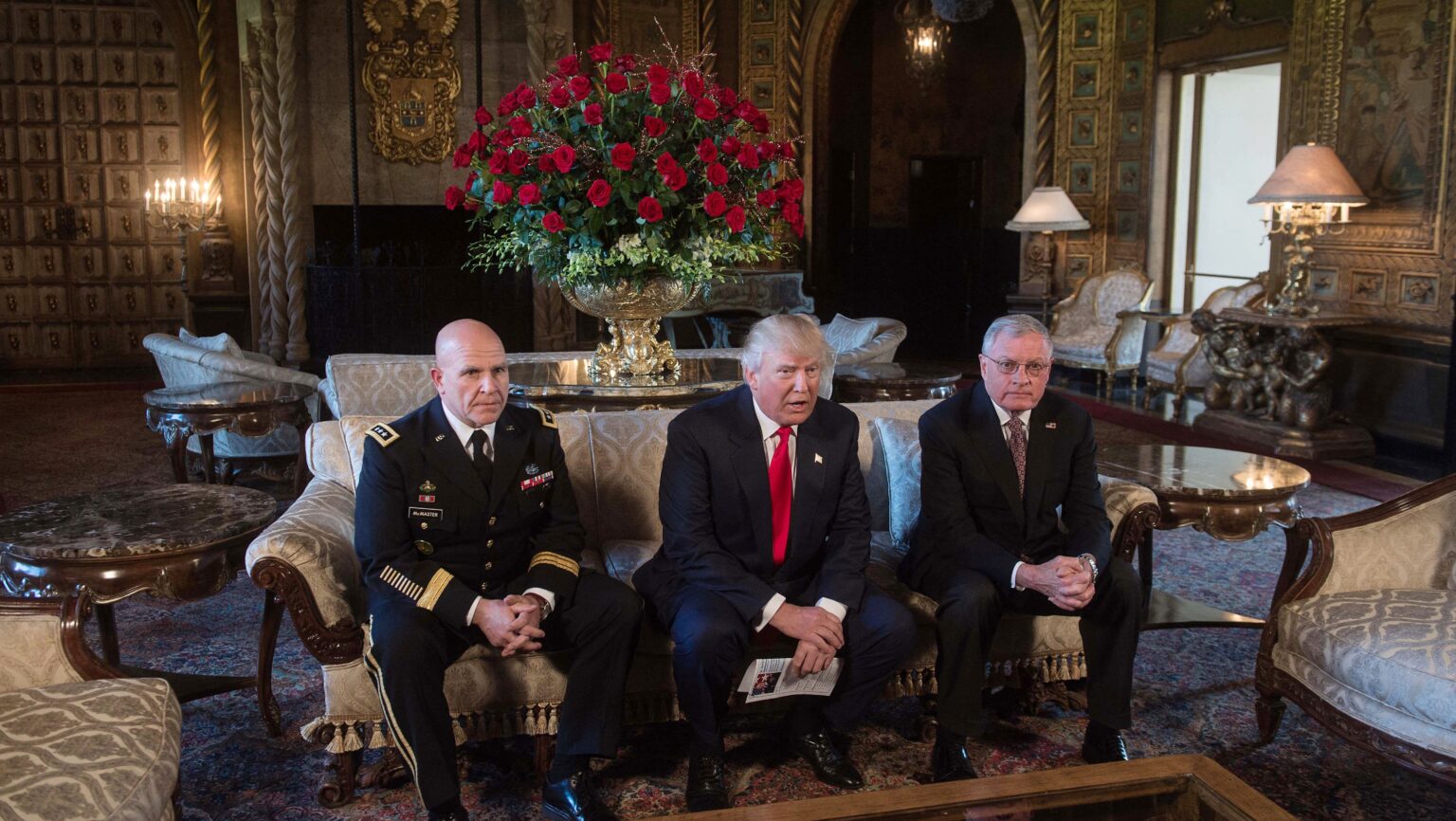
‘On the day the US temporarily halted military aid to Ukraine, Kellogg delivered a speech at CFR in Washington, DC. He emphasized that Ukraine had several opportunities to sign the US–Ukraine $500 billion Minerals Deal, including during his visit to Kyiv on 19 February and during Zelenskyy’s last trip to Washington, which is unlikely to be remembered as a successful diplomatic effort.’
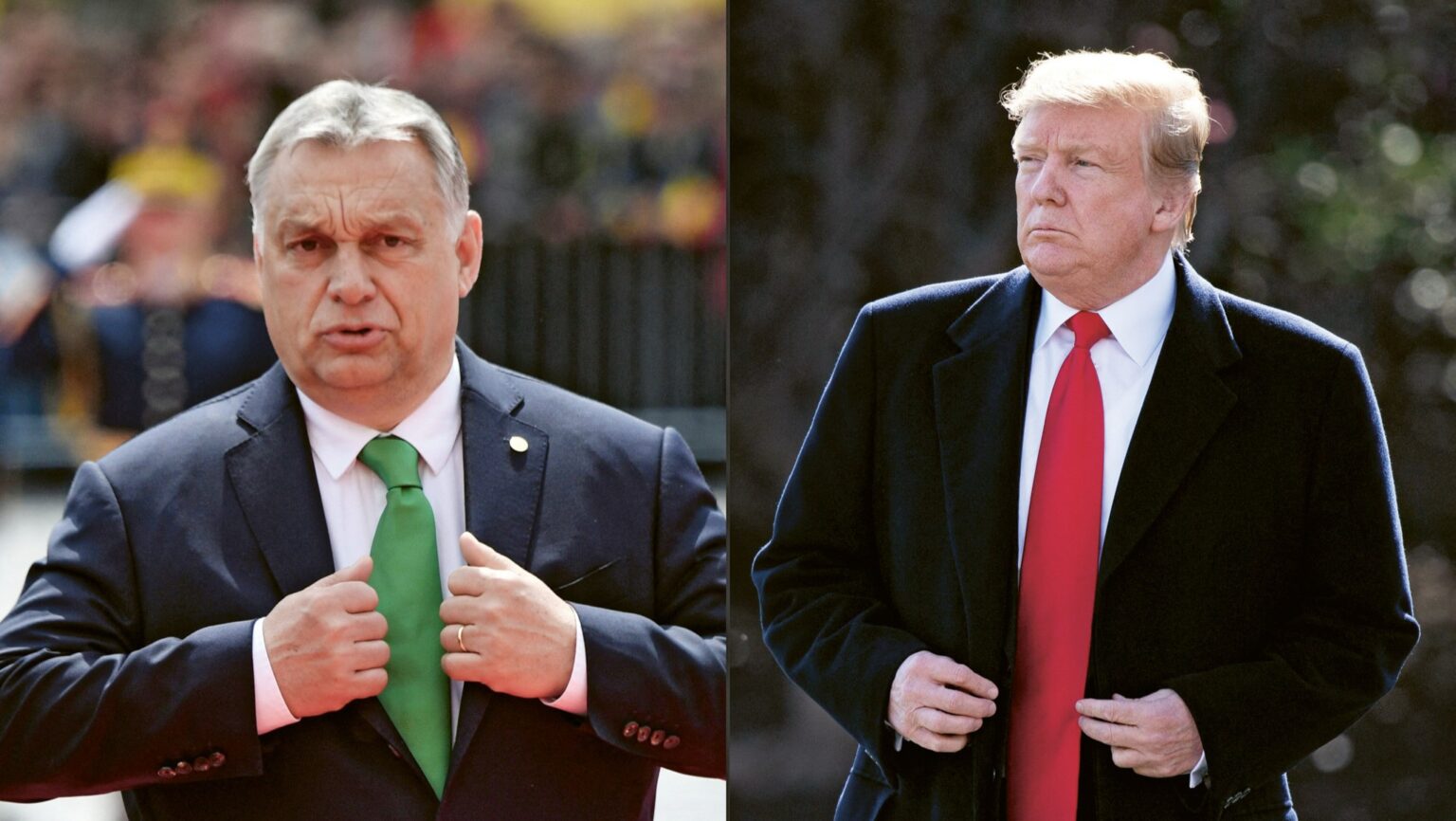
‘There is a historic chance for US–Hungary relations to peak, and it depends in no small part on the two leading players. Even though Hungary is a member of the EU and NATO, in the last two decades, American Democratic administrations have been explicitly hostile towards it…With the US president behind him, Orbán could be much more effective in strengthening his conservative agenda in Brussels, which until now has been an uphill struggle.’
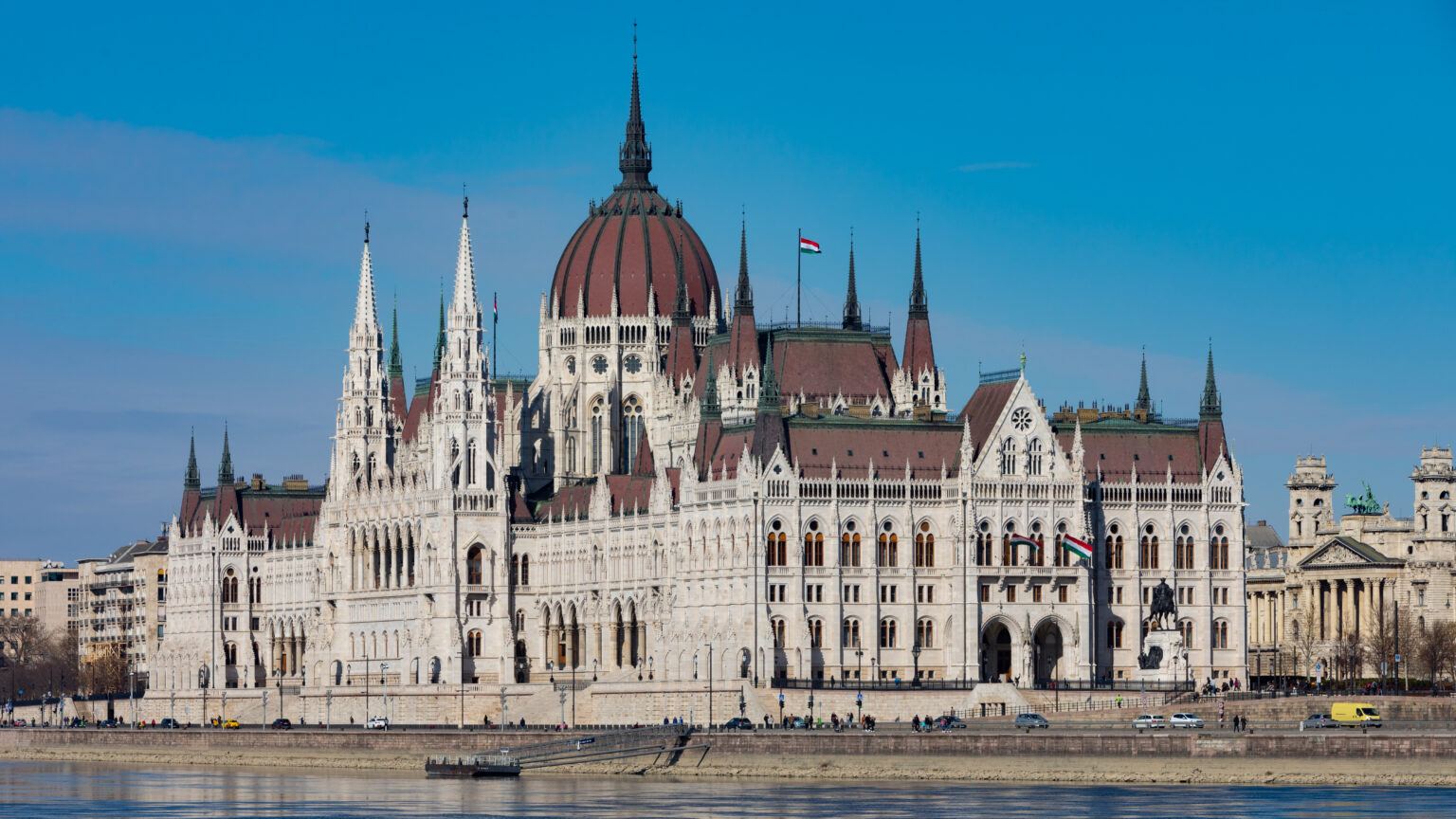
‘Hungary’s unique historical background and geographic location make it a harbinger of fresh geopolitical guidelines, political standards and new norms. The country’s pragmatism in international relationships and capacity to preserve its strategic autonomy while still engaging with world bodies provide important inspiration for countries negotiating the challenges of modern global politics.’
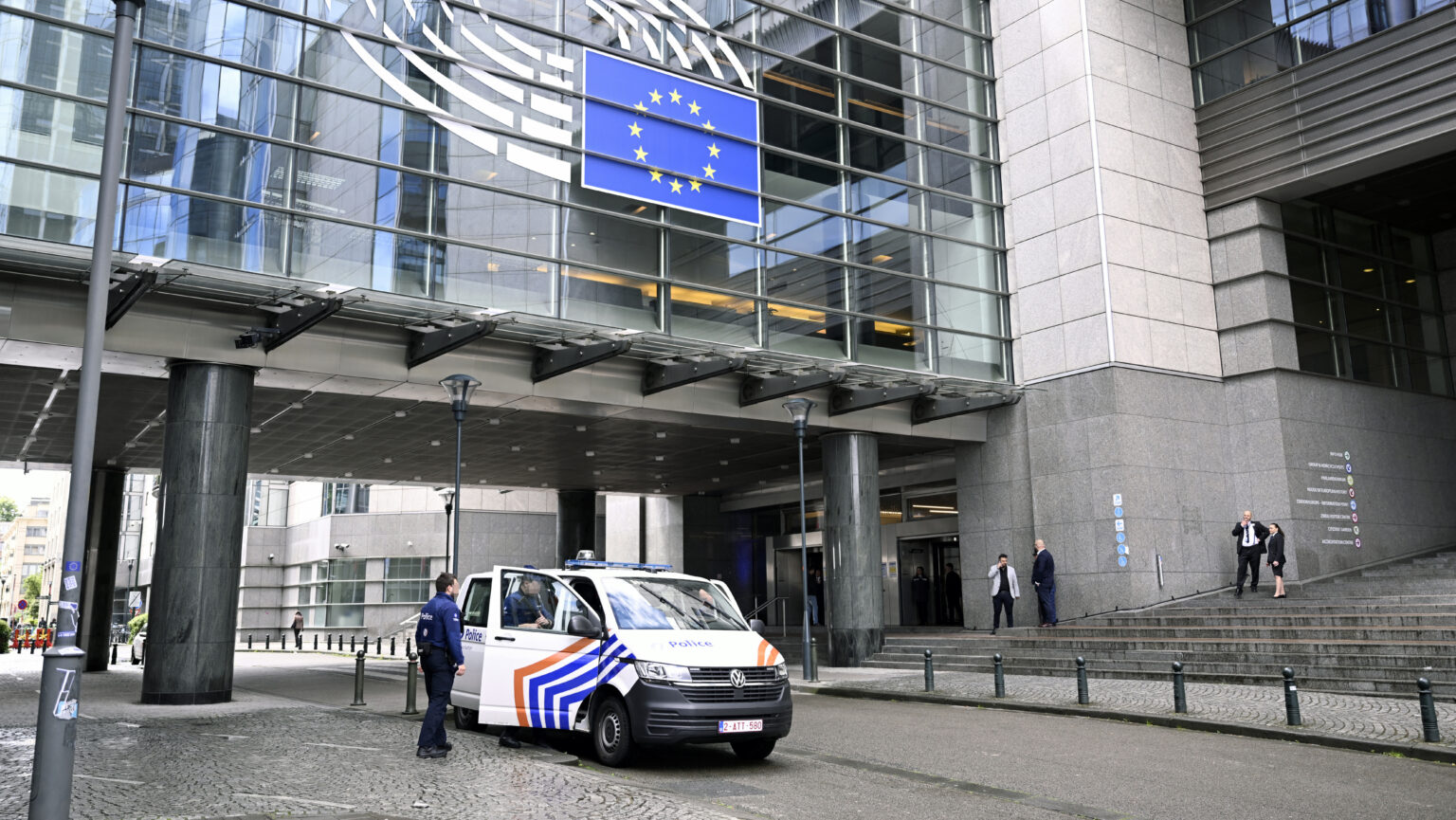
Corruption appears to be among the ‘common European values’ often touted by mainstream parties in the European Parliament as yet another probe shakes the EU’s legislative institution. Initial reports suggest that around 15 former and current MEPs may be involved in a bribery case linked to Chinese telecom giant Huawei.
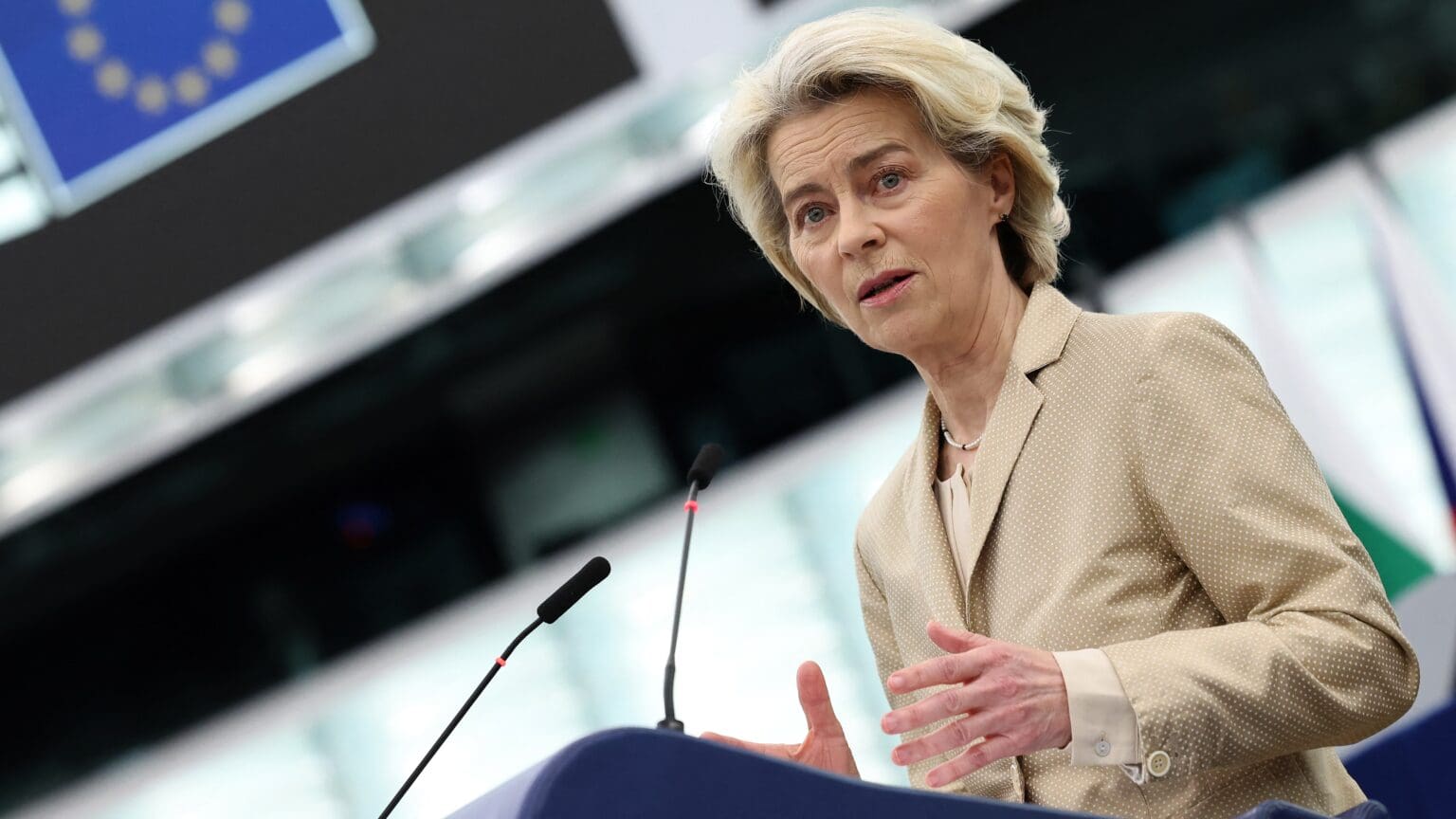
‘According to von der Leyen: “The question is no longer whether Europe’s security is threatened in a very real way. Or whether Europe should shoulder more of the responsibility for its own security,” but rather: “Is Europe prepared to act as decisively as the situation dictates? And is Europe ready and able to act with the speed and ambition that is needed?”’
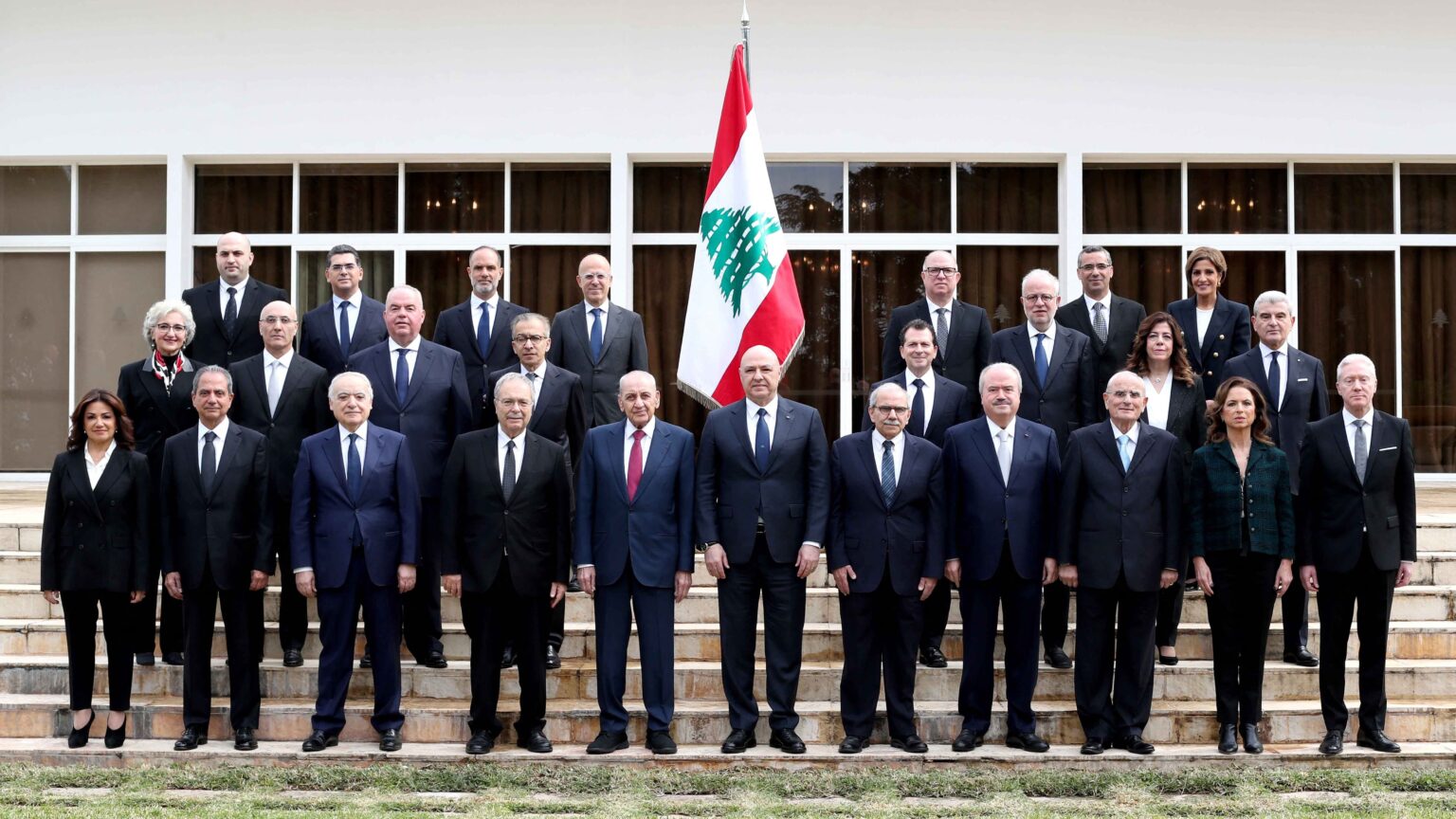
‘Hungary’s humanitarian and military aid to Lebanon can contribute to regional stability and it also reflects Hungary’s broader geopolitical interests, that is, a stable Lebanon for the sake of the Middle East—and also for Europe, which faces potential security and migration challenges.’
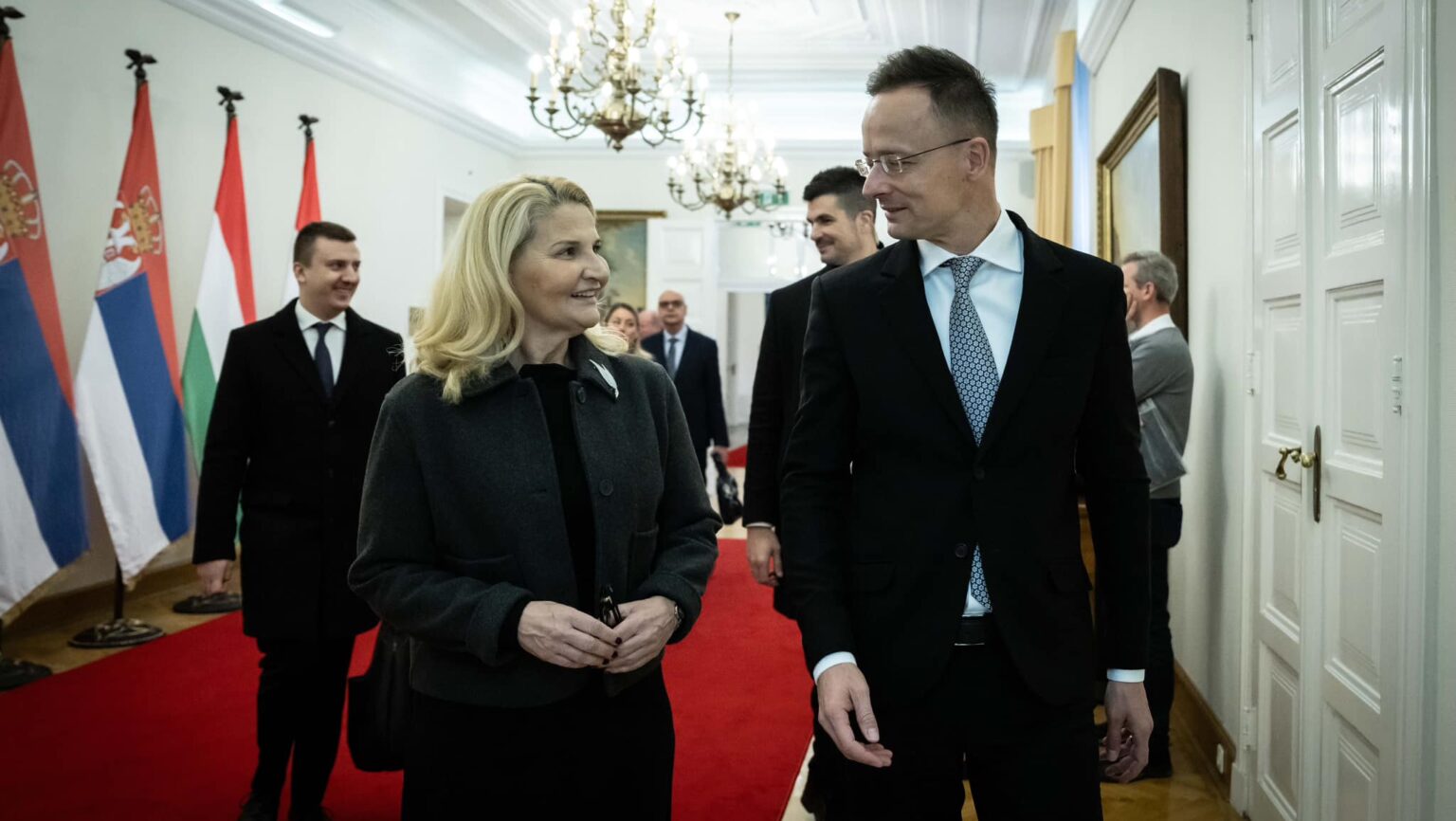
Hungarian Minister of Foreign Affairs and Trade Péter Szijjártó described the ongoing protests in Serbia as an attempted ‘colour revolution’ aimed at destabilizing the region. He further stated that foreign-backed colour revolutions in recent years have all ended in tragedy, expressing gratitude to US President Donald Trump for ending Washington’s policy of meddling in other nations’ domestic affairs.
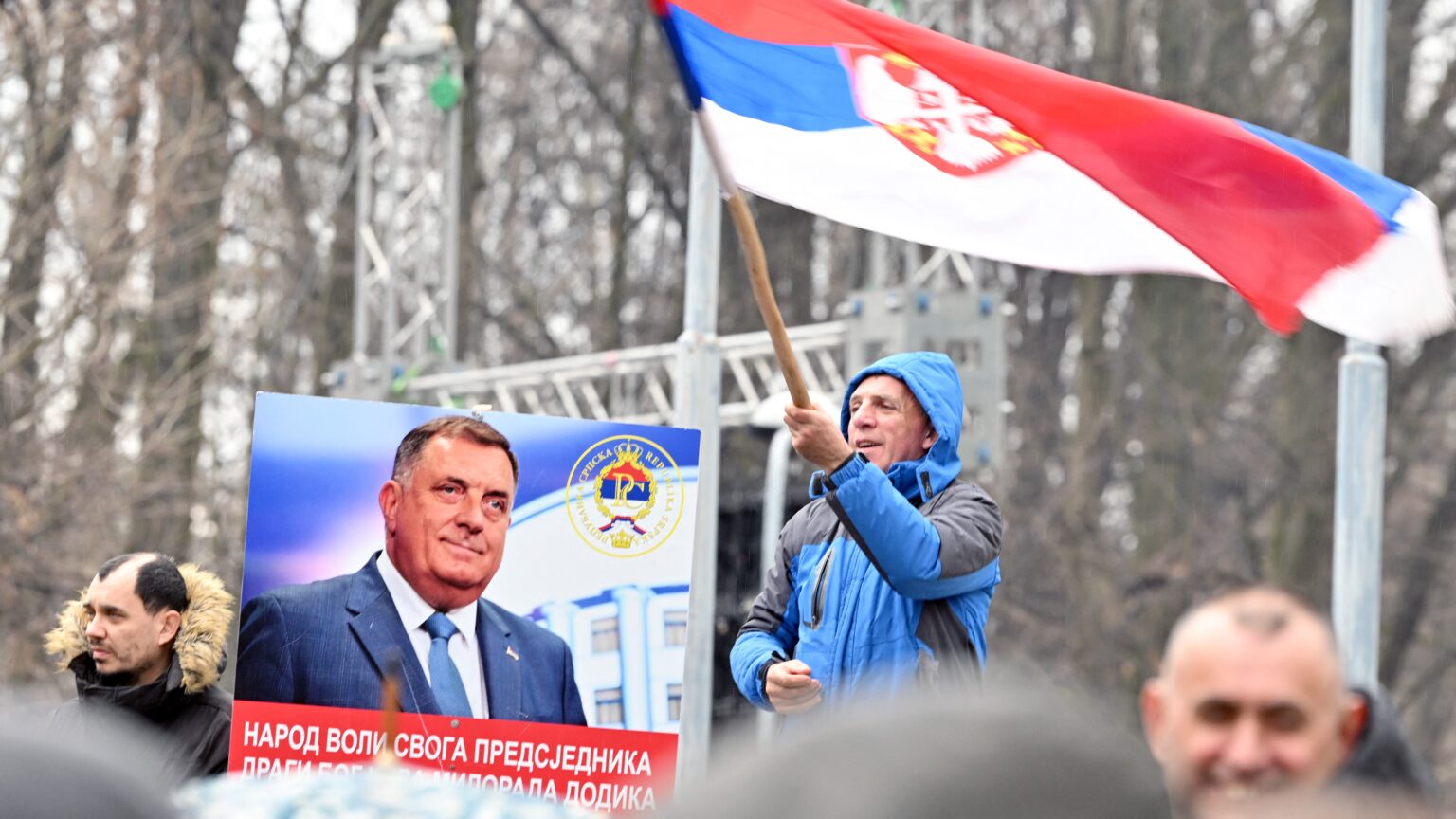
‘Peace in the region hinges on mutual respect for all sides—including the Serbs and Croats, who seek only to protect their security and self-determination. Brussels must cease pitting one ethnic group against the others, honour existing agreements, and call for an end to repression and a turn toward dialogue. Only through this path can Bosnia and Herzegovina secure a peaceful future…’
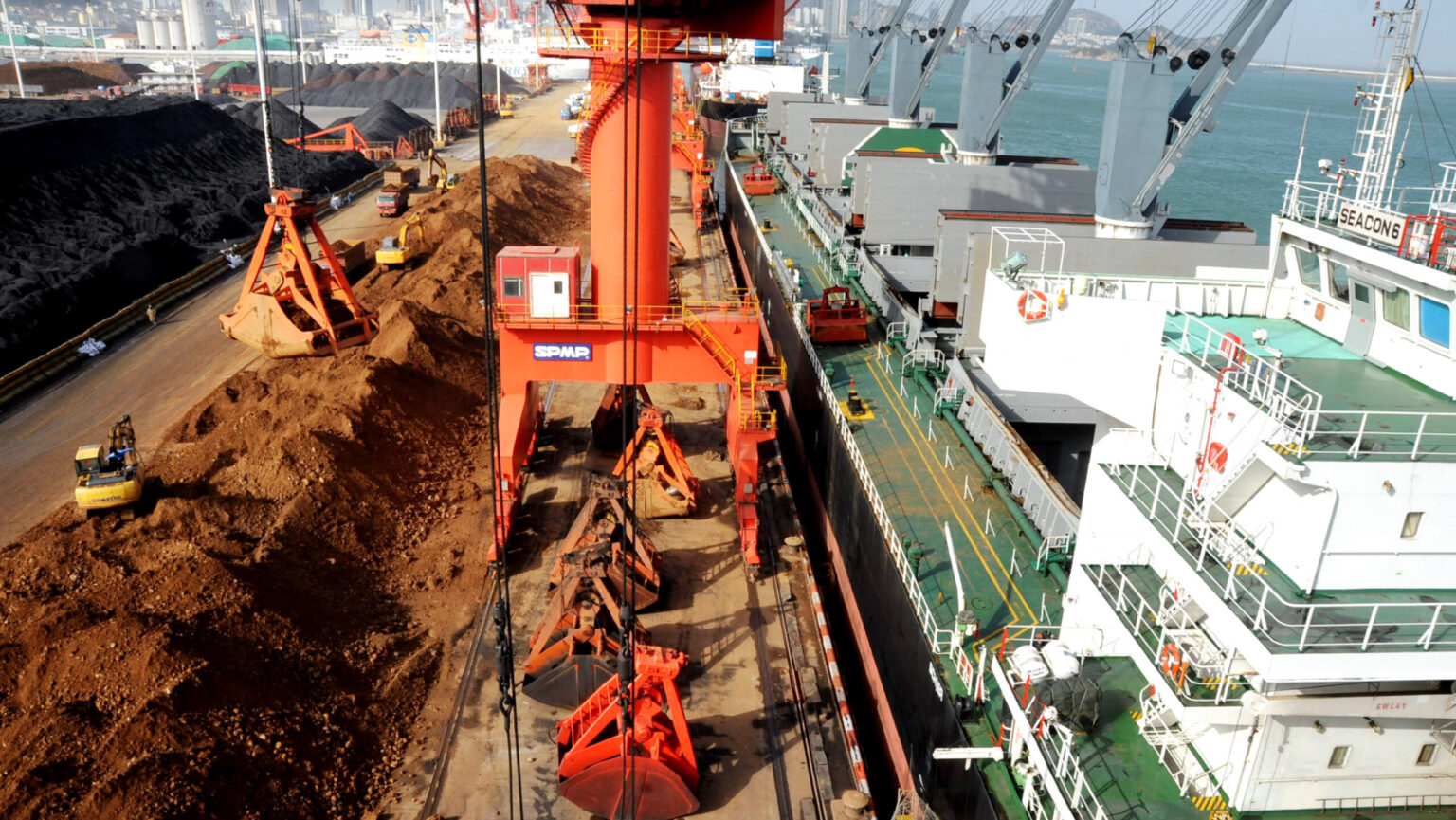
While Ukraine and Greenland dominate the headlines, Donald Trump and his foreign policy team are engaged in multiple negotiations worldwide to secure access to critical mineral reserves. These resources are essential for technological advancement, with China maintaining dominance over much of the global supply chain. For Washington, mineral diplomacy is a matter of strategic survival—one that is set to remain a key priority for the foreseeable future.

At a hearing for the House Foreign Affairs Subcommittee on Europe of the US House of Representatives, Representative Sarah McBride of Delaware, a transgender woman, was referred to the Chairman as ‘Mr McBride’. In response, ranking member Bill Keating, a Democratic representative from Massachusetts, declared that the meeting could not go forward until McBride is introduced ‘the right way’.
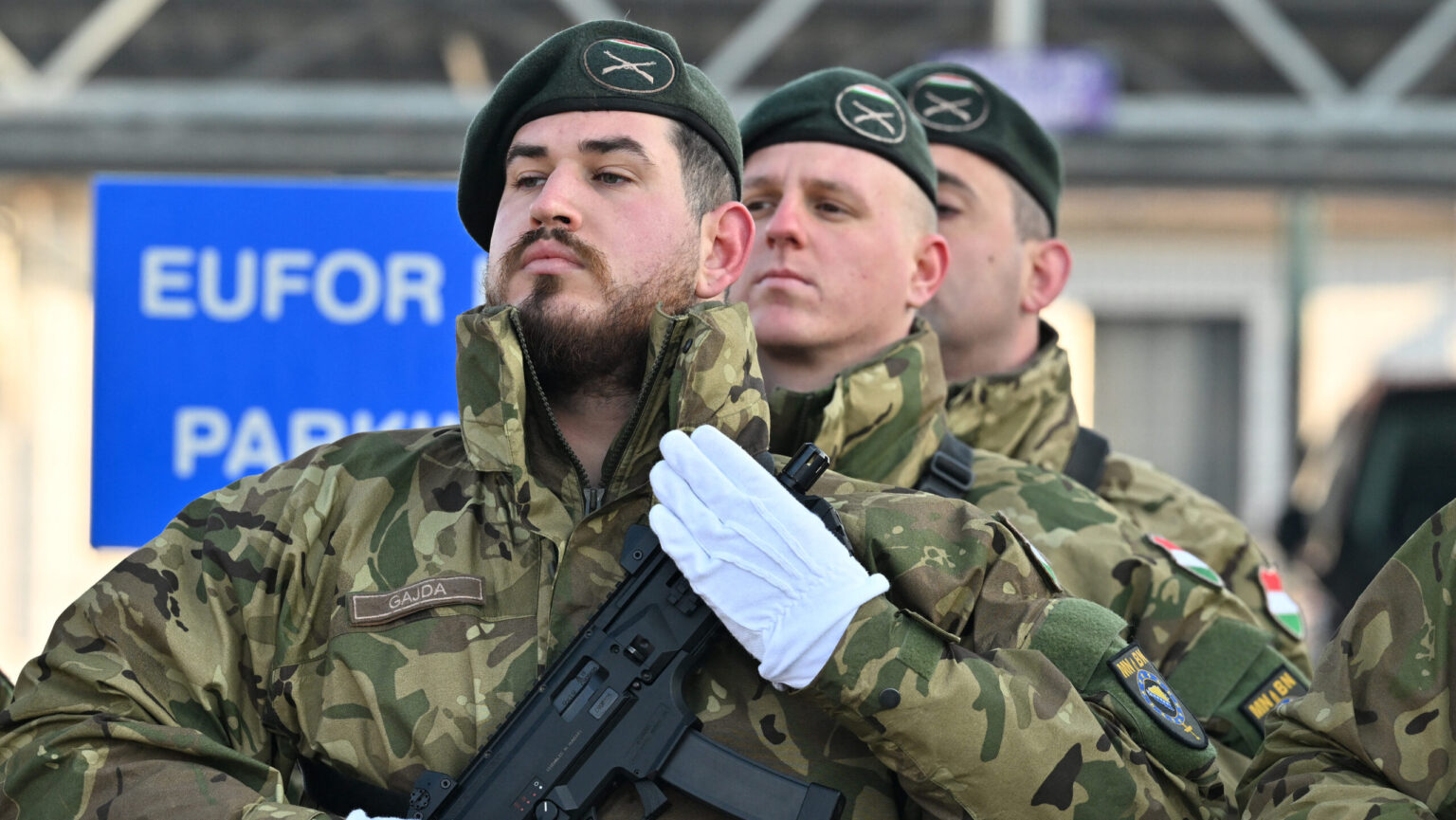
The EU is increasing its number of peacekeepers stationed in Bosnia and Herzegovina as tensions rise at an alarming pace in the Western Balkans. Sarajevo accuses Bosnian Serb leader Milorad Dodik of undermining the country’s constitution following a series of legislative moves after his conviction by a federal court last week. A close ally of Dodik, Viktor Orbán and Hungary now find themselves at the centre of these tensions, locked in a sharp diplomatic standoff with Bosnia.

‘There is an ideological collusion between Ursula von der Leyen and Emmanuel Macron to leave the framework created by the EU treaties…Viktor Orbán is closer to my ideological position than to that of Marine Le Pen,’ President of the French Reconquête party Éric Zemmour talks about the end of the war, the alliances of the right, and Europe’s chances of survival.
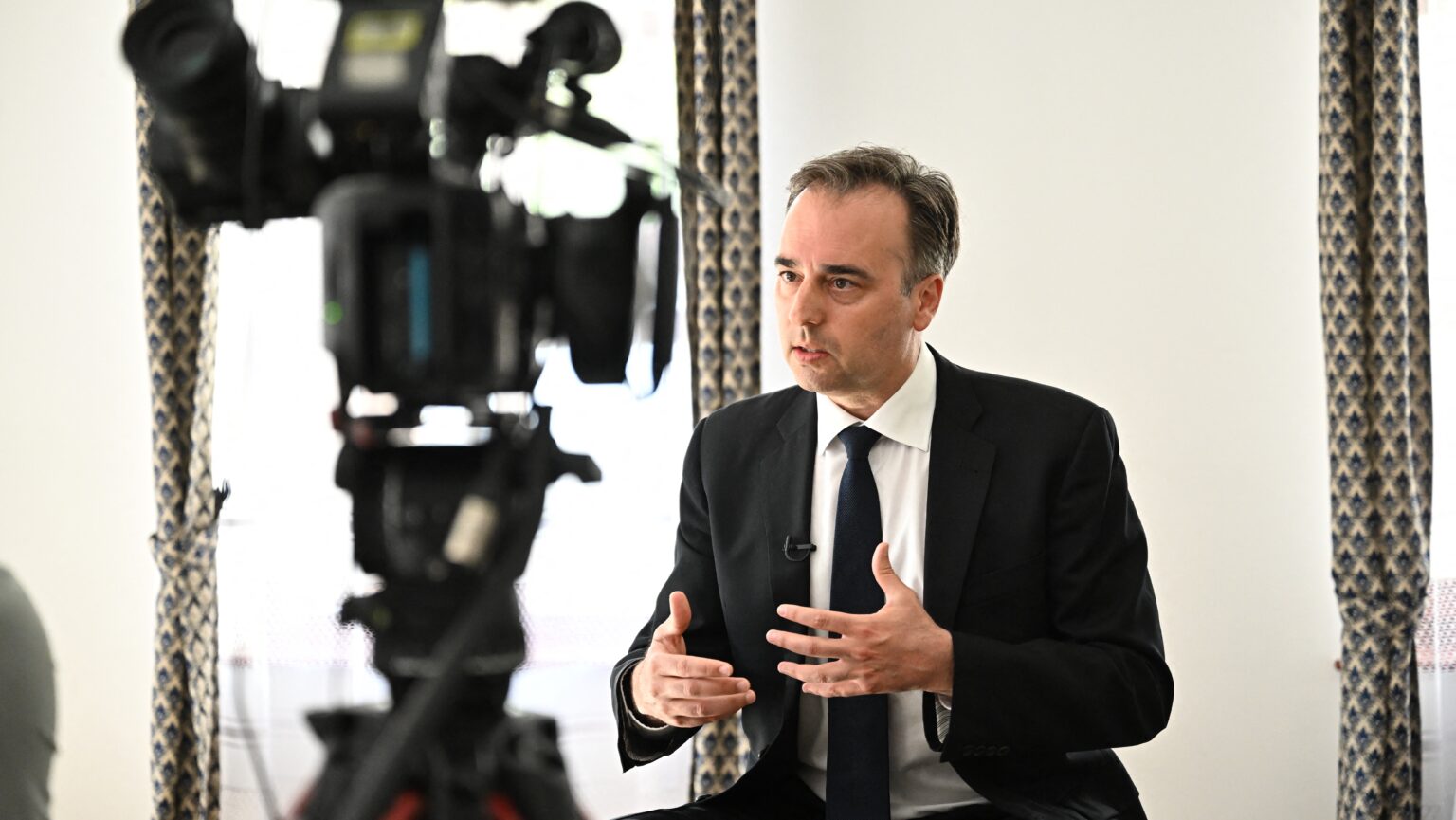
Former US ambassador to Hungary David Pressman continued his smear campaign against his former host country on CNN. However, while speaking to Christiane Amanpour, he accidentally admitted that he viewed Hungary as a ‘battleground between democracy and authoritarianism’ and that his goal was to defeat this perceived authoritarianism—essentially, ousting Viktor Orbán and his government.

‘President Donald Trump carried out his promise to impose 25 per cent tariffs with no clear rationale on America’s two biggest trading partners, Canada and Mexico. They were first due to take effect last month but then both countries were offered a last-minute reprieve.’
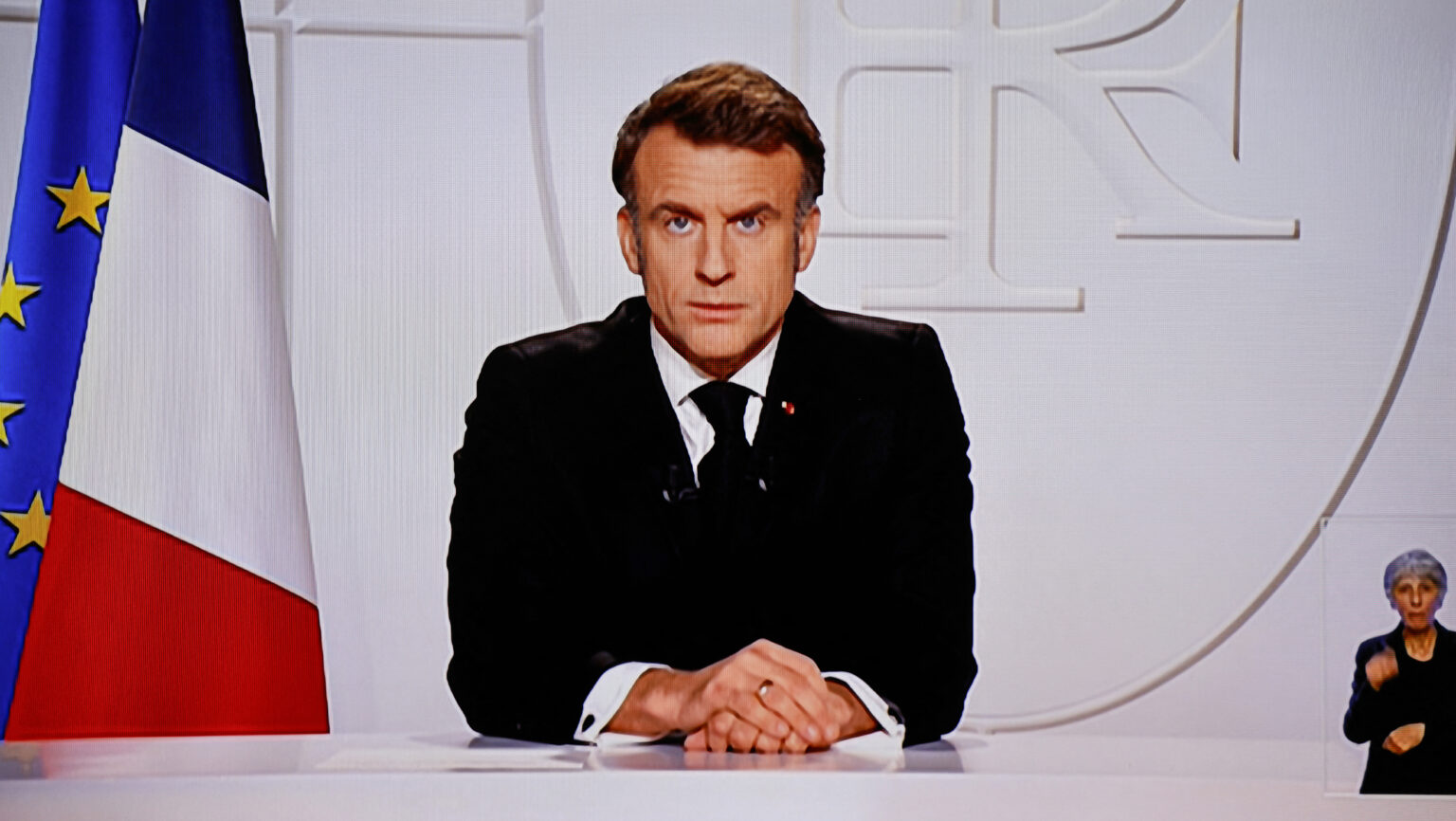
‘Europe is marching itself off a cliff. Hungary must avoid marching with them,’ political director to the Hungarian prime minister Balázs Orbán said in response to French President Emmanuel Macron’s speech on Wednesday. As EU leaders gather in Brussels today, pro-war leaders have doubled down on their rhetoric against peace, threatening to undermine fragile peace talks.
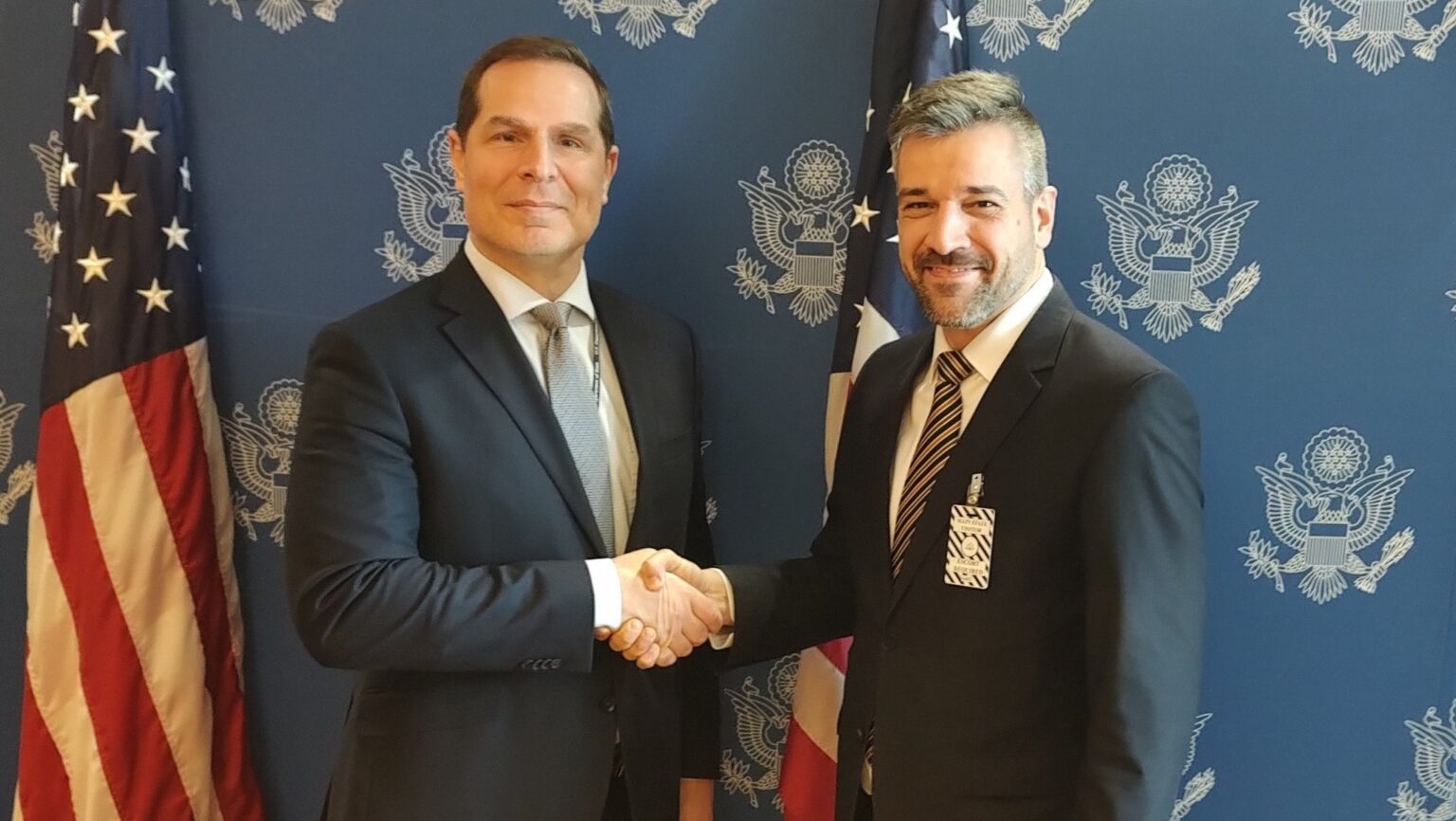
All USAID contracts in Hungary have been terminated after Hungarian Government Commissioner András László met with the agency’s newly appointed head, Peter Marocco, in Washington. László’s task is to investigate USAID funding channelled to Hungarian NGOs and media outlets, aiming to curb foreign influence ahead of the 2026 parliamentary elections.
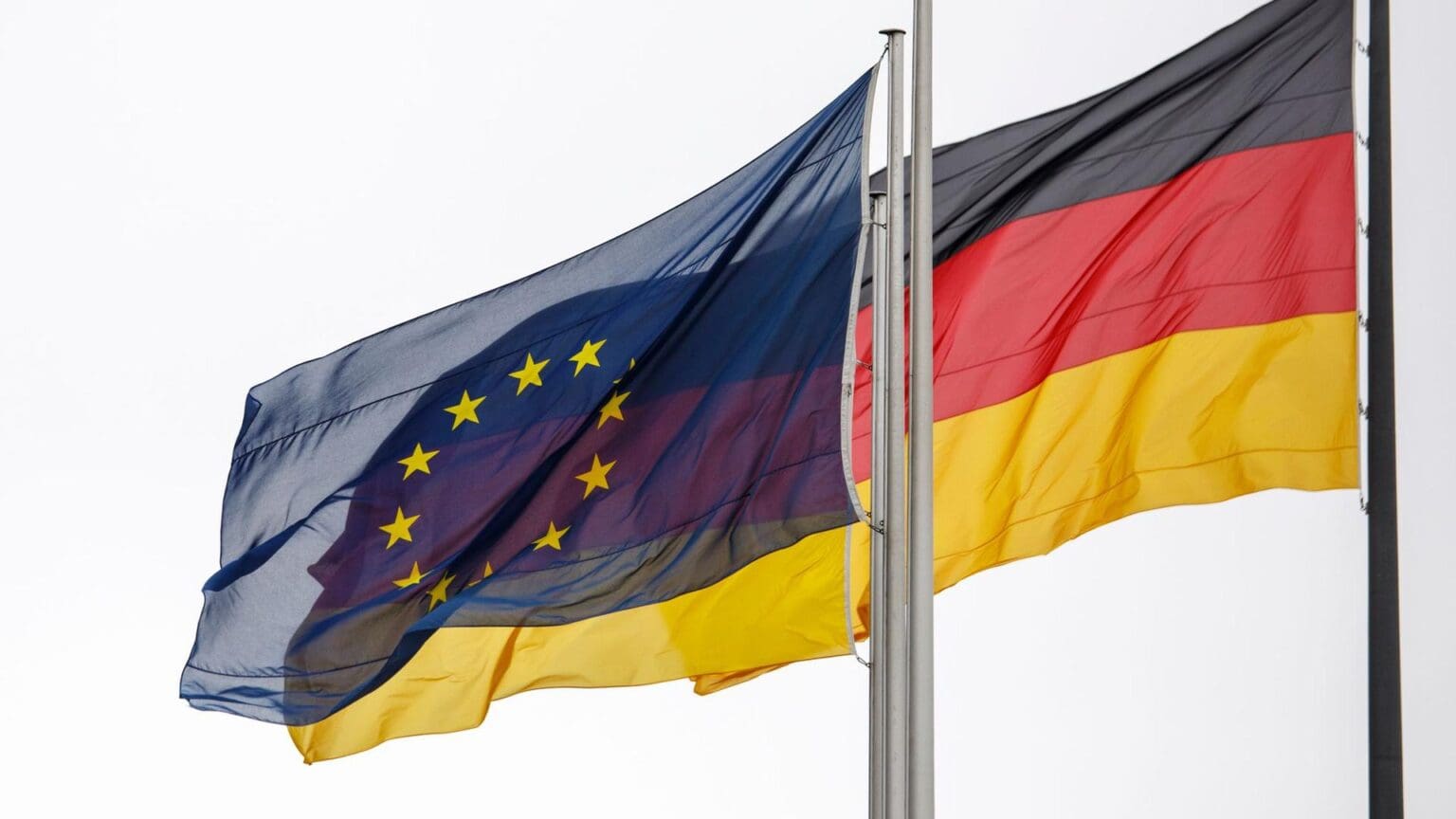
‘While the current US administration has acknowledged that Ukraine is neither militarily nor economically capable of overpowering Russia in a prolonged conflict, Berlin still regards Western involvement in Ukraine as a success. From the outset, however, Western analysis significantly underestimated Russia’s capacity for resilience.’
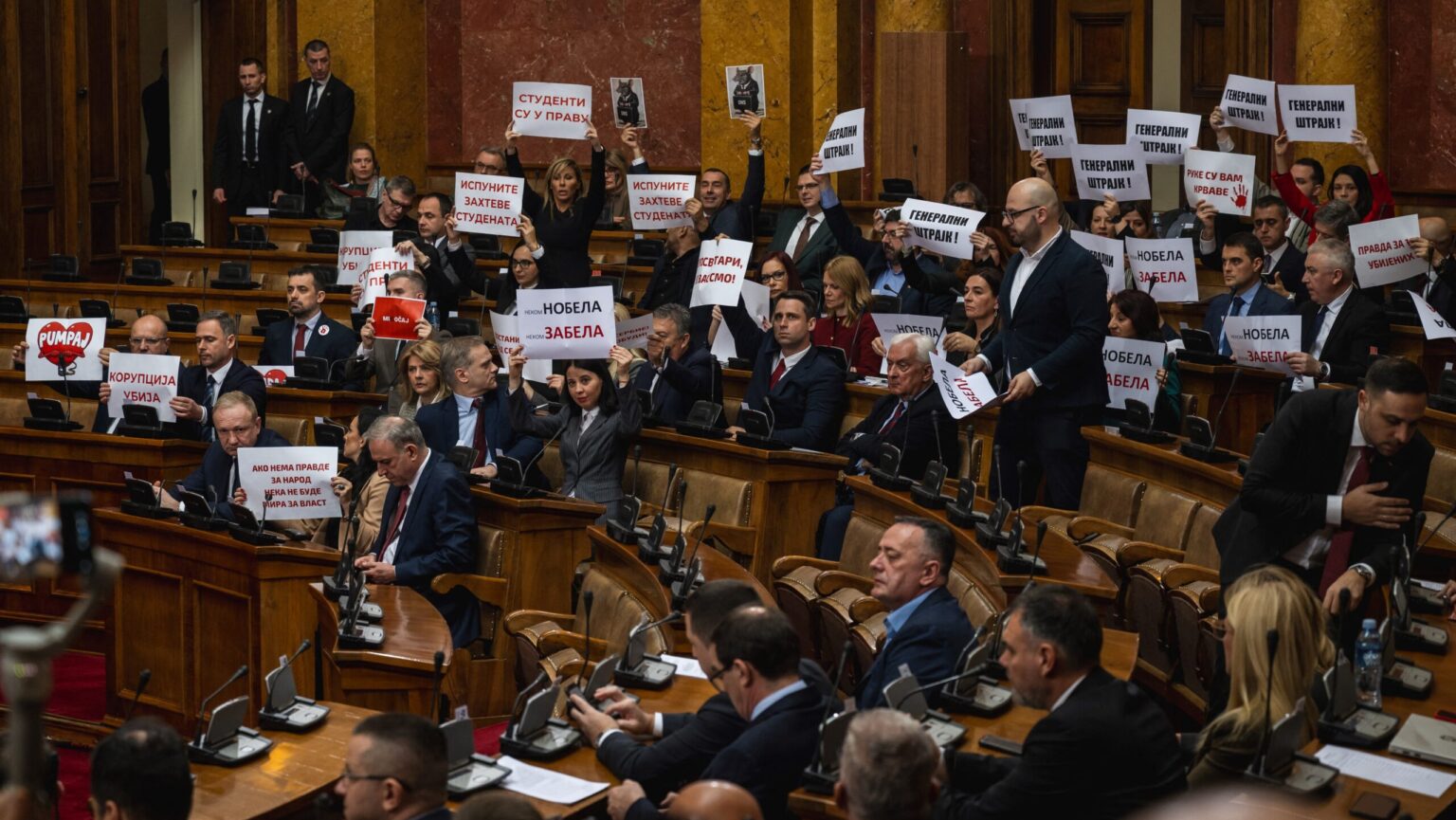
4 March will be considered a dark day in the history of modern Serbian democracy. During the first day of the spring session, opposition politicians threw smoke bombs and flares in the building, sabotaging key reforms regarding months-long anti-government protests. The chaotic events fit in a regional pattern of destabilization efforts concerning patriotic governments, including Hungary and Slovakia.
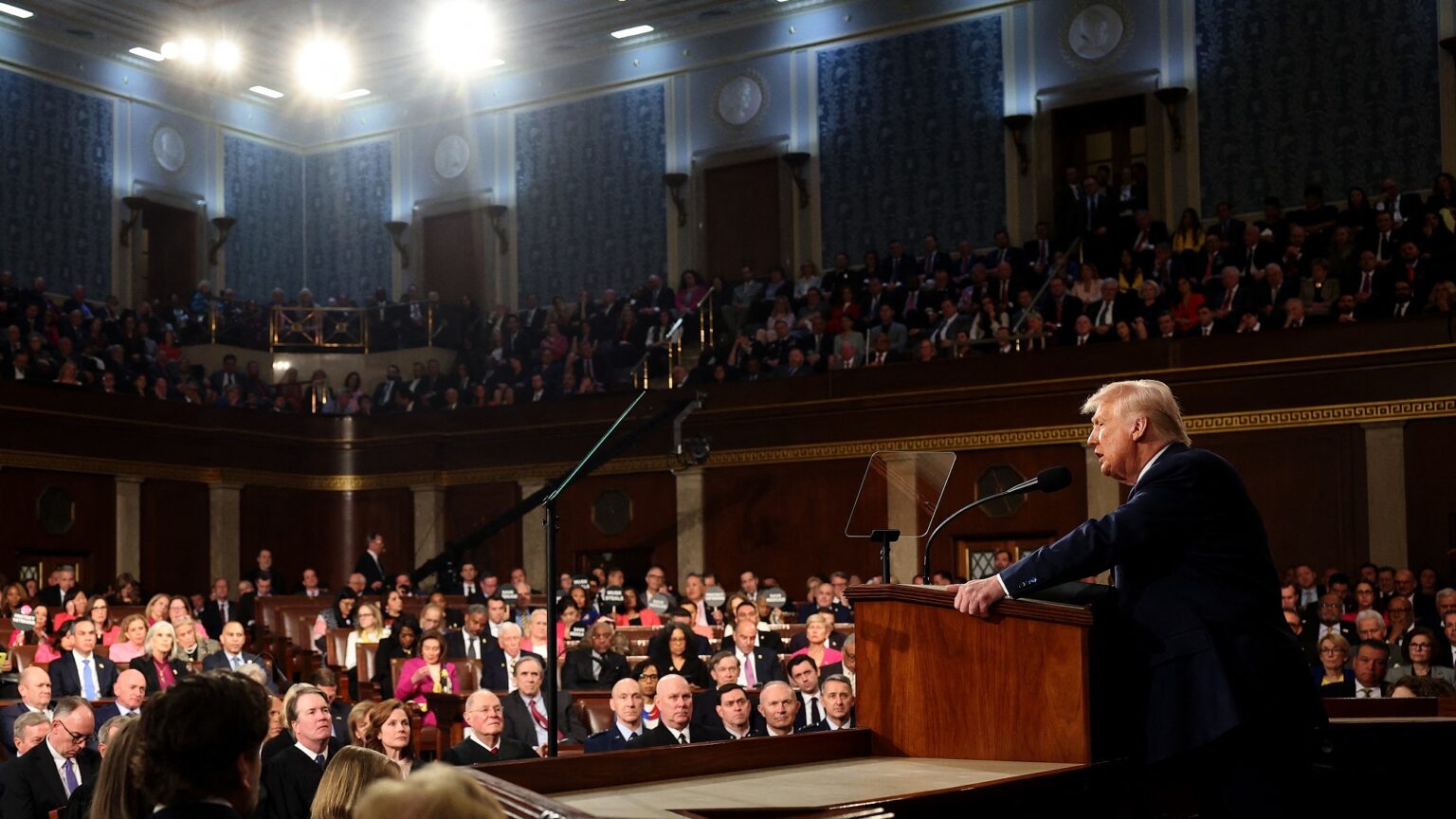
In his Joint Address to Congress, President Trump laid out what he had achieved so far in the short time into his second term, such as pushing illegal crossings down to record lows and eliminating wasteful spending by the government. In his overzealous protest, Democrat Congressman Al Green had to be removed from the Chamber by force.
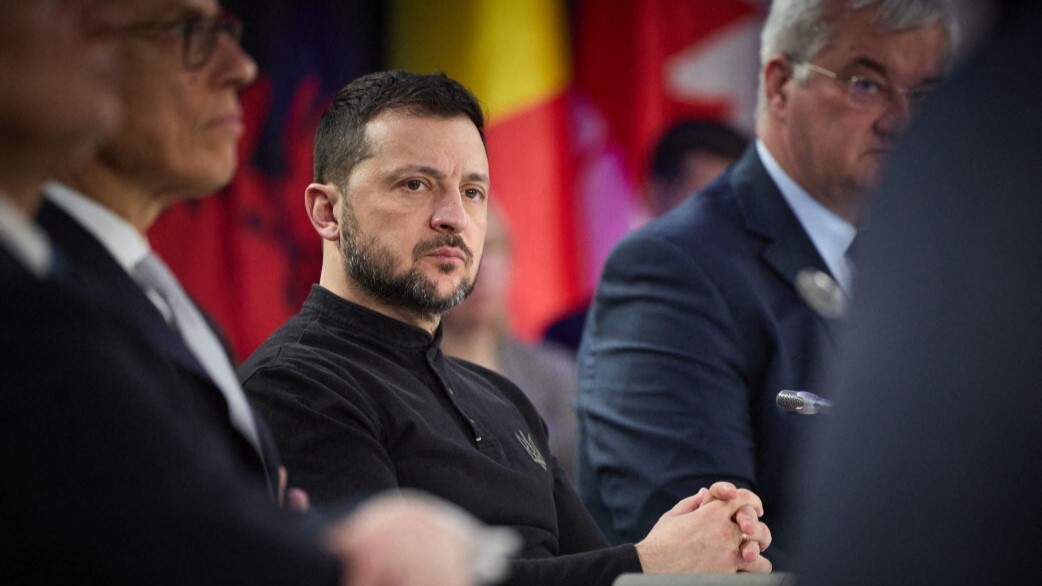
‘Now, that the new US administration is very clearly pursuing a different policy on Ukraine compared to its predecessor’s, Europe’s attitude should adapt too. The fact that European leaders’ messages after Friday do not signal any change in the EU’s policy demonstrates that Europe is unable or unwilling to realize that…the only way forward is to end the war on the Eastern front as soon as possible.’
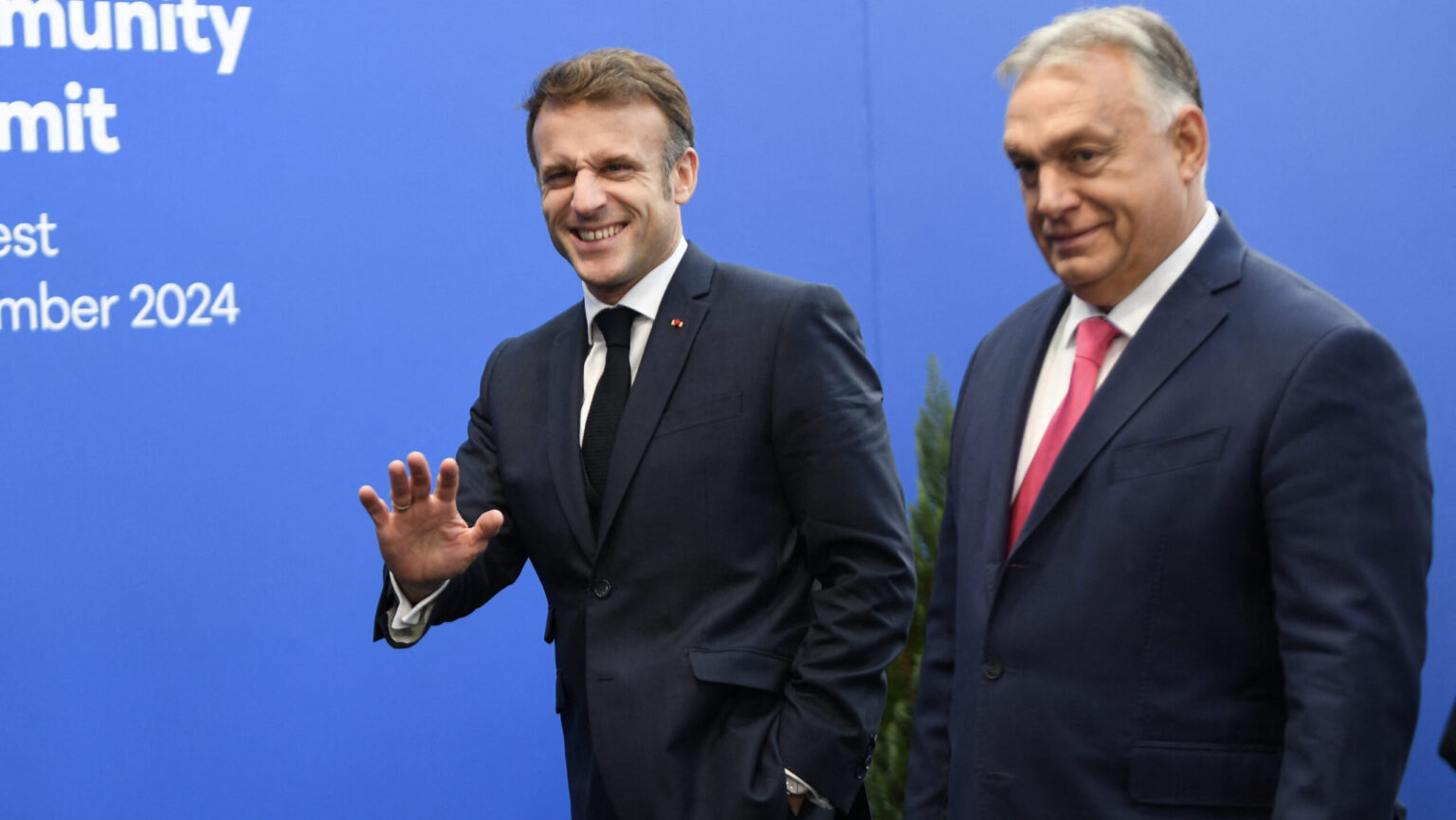
Hungarian Prime Minister Viktor Orbán is travelling to Paris to meet French President Emmanuel Macron for bilateral talks on Ukraine, as European leaders prepare for a decisive emergency summit on Thursday. While Europe has attempted to signal its readiness to fill the void left by Donald Trump’s halt on all military aid to Ukraine, Volodymyr Zelenskyy appears to prefer Washington’s support.
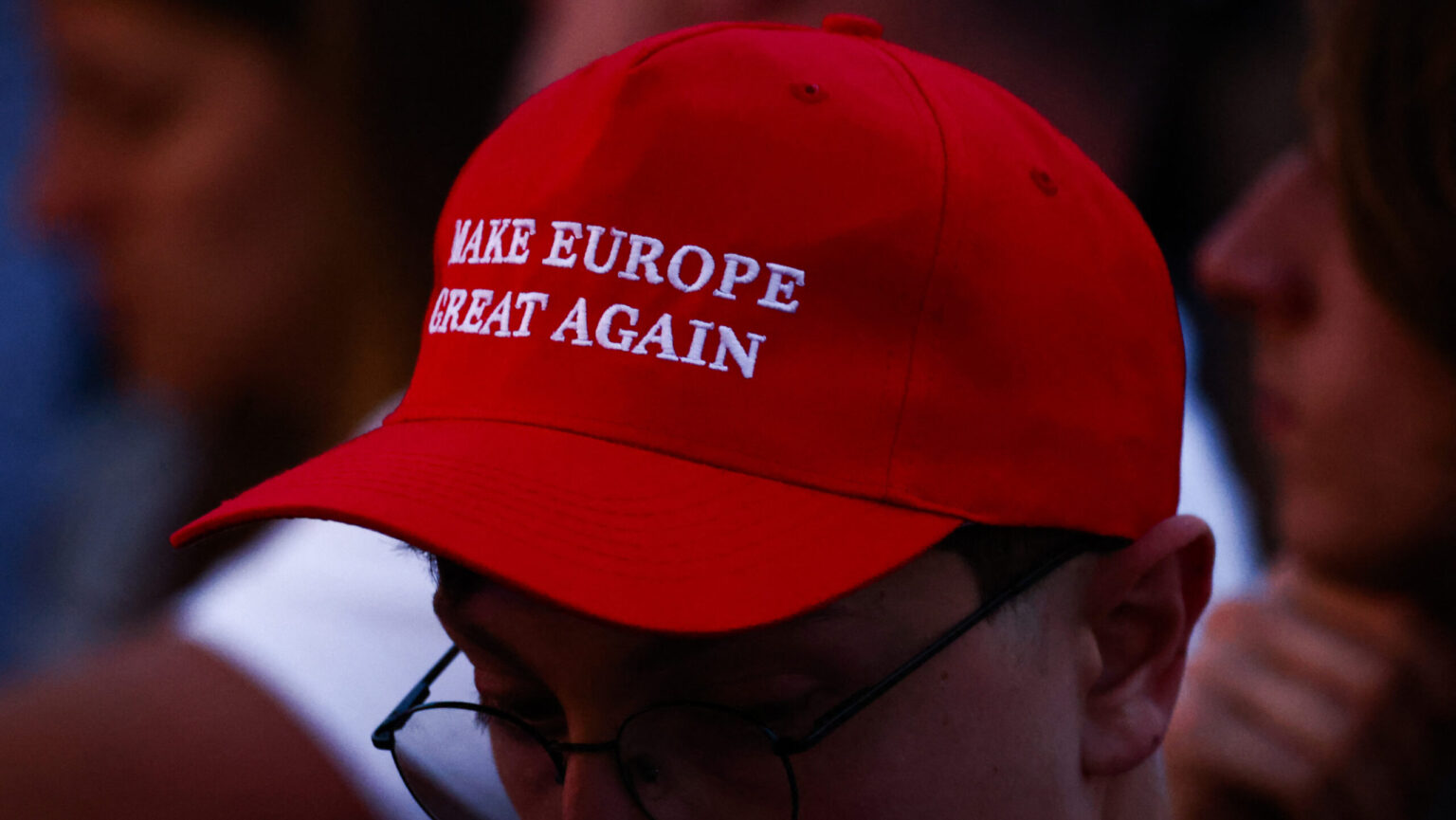
‘There is a war in European territory that the elites ruling our continent do not seem eager to end. Its bureaucracy is ever-expanding and forcibly imposing its policies on sovereign peoples. The continent is being crushed by over-regulation, taxation, and centralization of the capital, means of production and decision-making by unelected individuals who are unaccountable for their actions.’
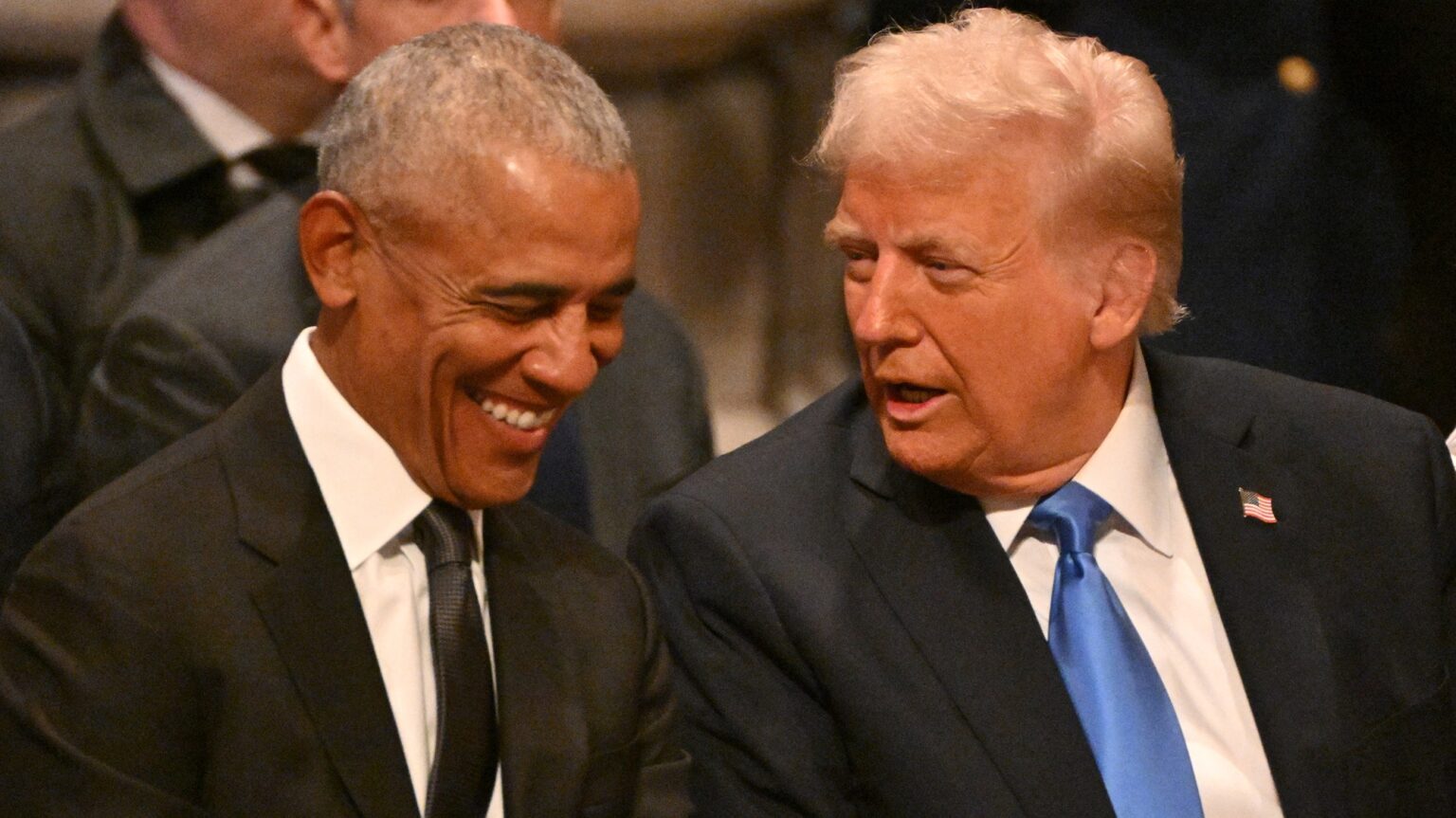
According to AtlasIntel, the most accurate pollster in the last three national US elections, President Trump is more popular among Americans than President Obama. Trump’s favourability stands at 50 per cent, while President Obama’s stands at 47 per cent.
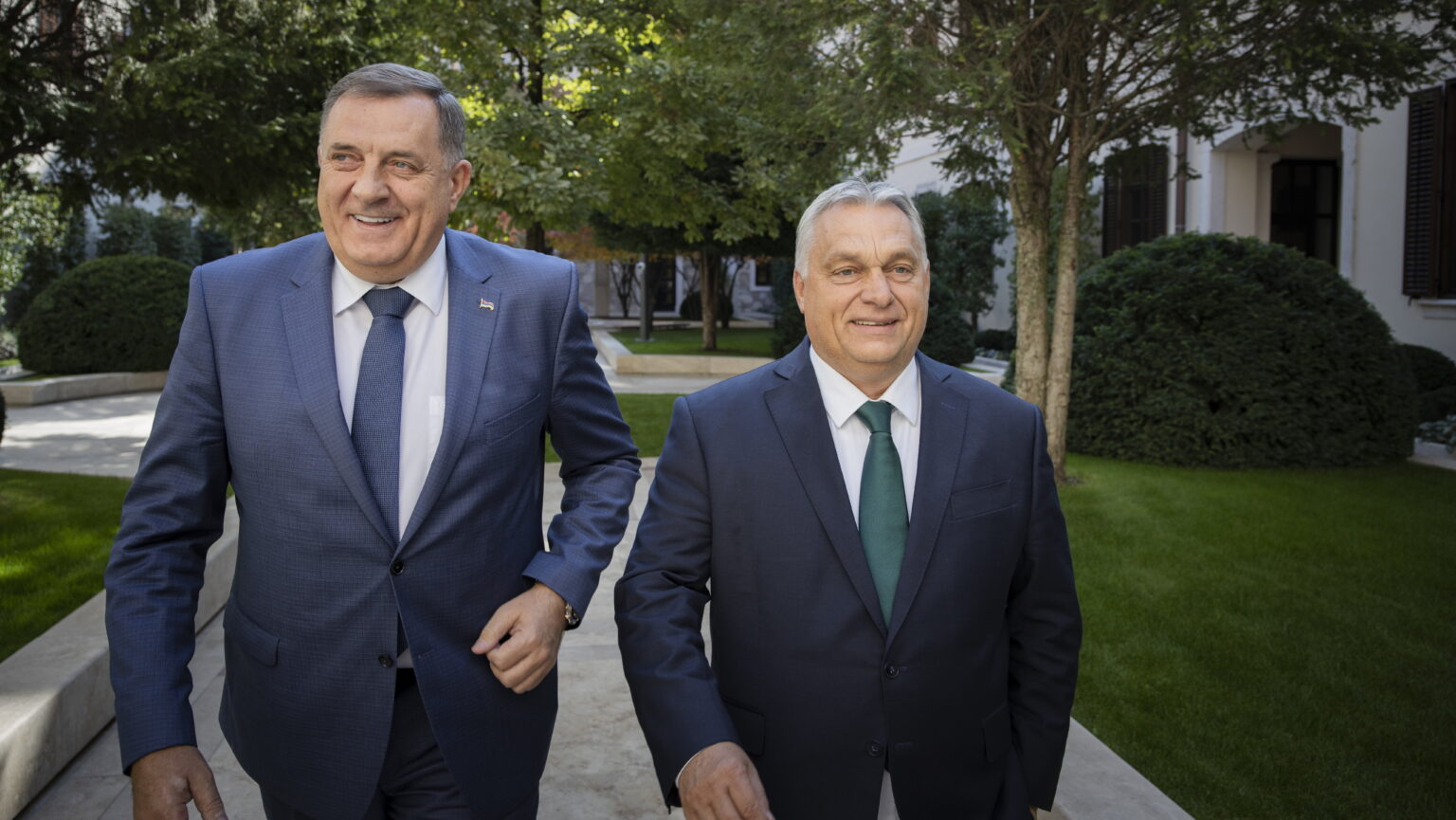
The Hungarian Foreign Ministry’s plane was denied landing in Sarajevo following a decision by Bosnian Defence Minister Zukan Helez. Helez cited Hungarian Prime Minister Viktor Orbán’s continued support for Milorad Dodik, leader of Republika Srpska. Dodik was sentenced to one year in prison last week on politically motivated grounds.
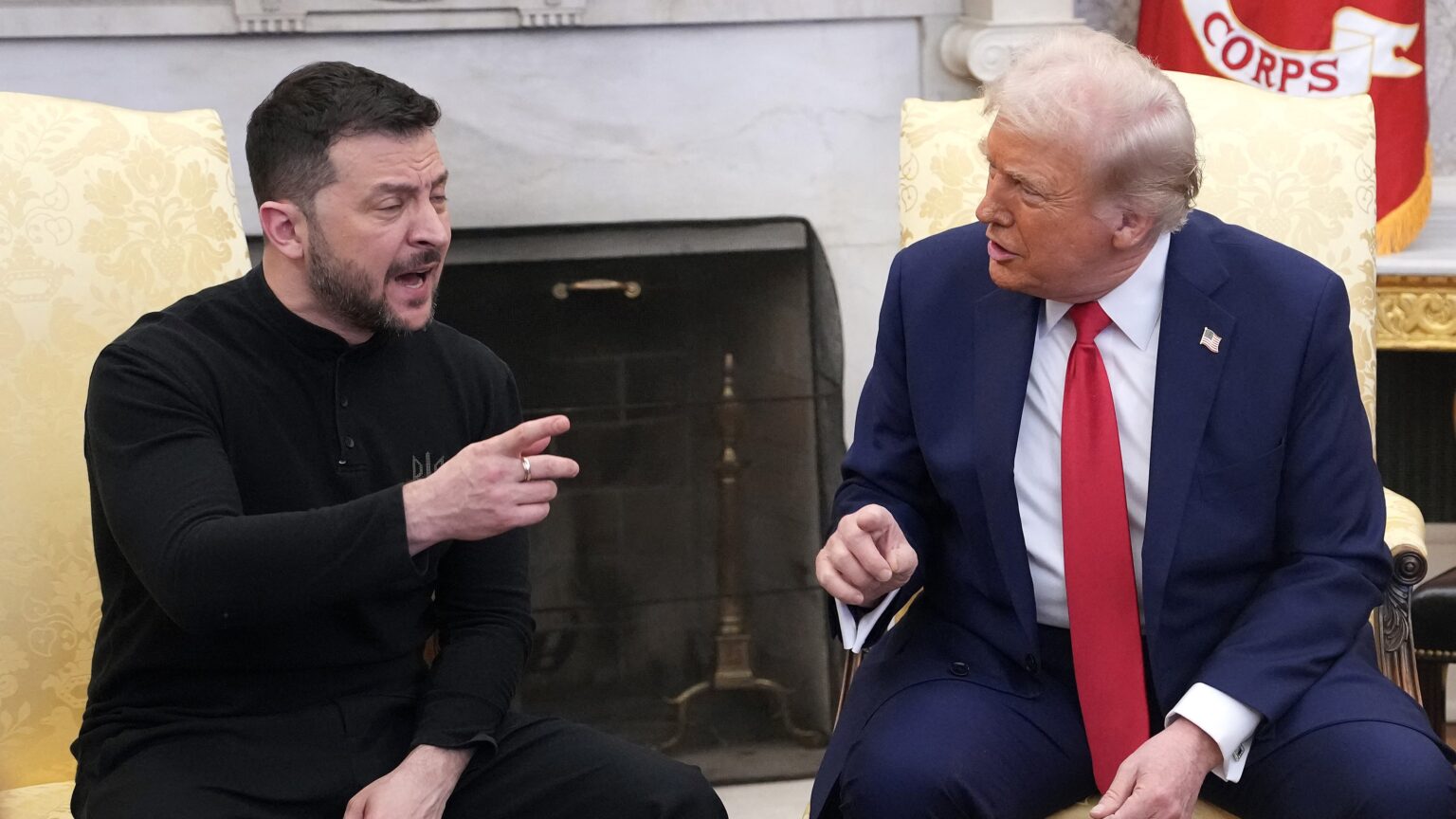
‘It is true that it seemed as if both Trump and Vance berated Zelenskyy as if he were a child who refused to do his homework, saying that he was not grateful enough for U.S. aid. And I do not wish to exonerate their behavior, either, but one has to place things into context: it was Zelenskyy who sparked the fire.’
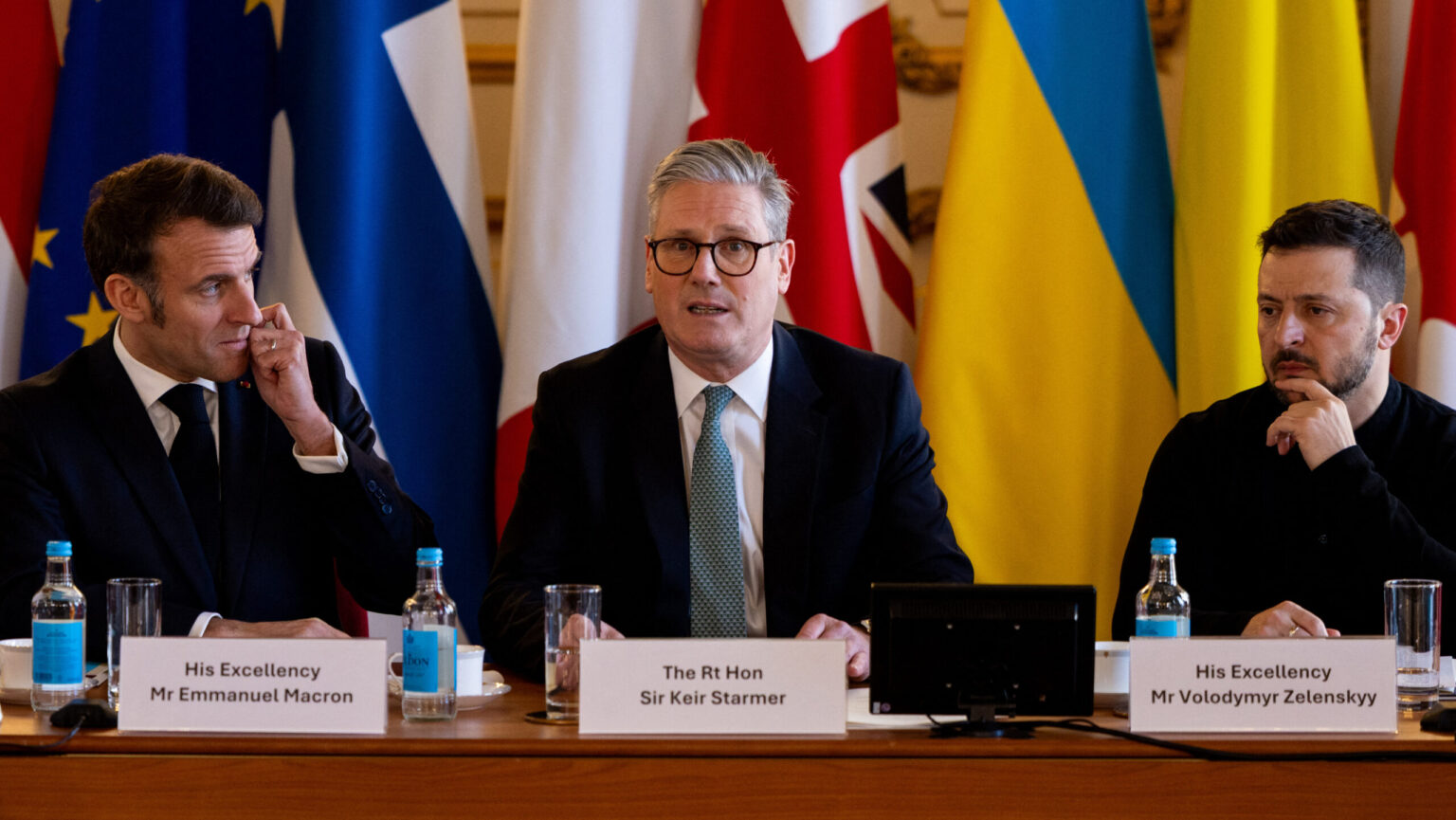
US President Donald Trump has moved to halt all military aid to Ukraine following a heated clash with his Ukrainian counterpart in the Oval Office on Friday. The decision comes as European leaders prepare to meet on Thursday to determine the EU’s strategy, with an overwhelming majority favouring continued military support over peace negotiations.
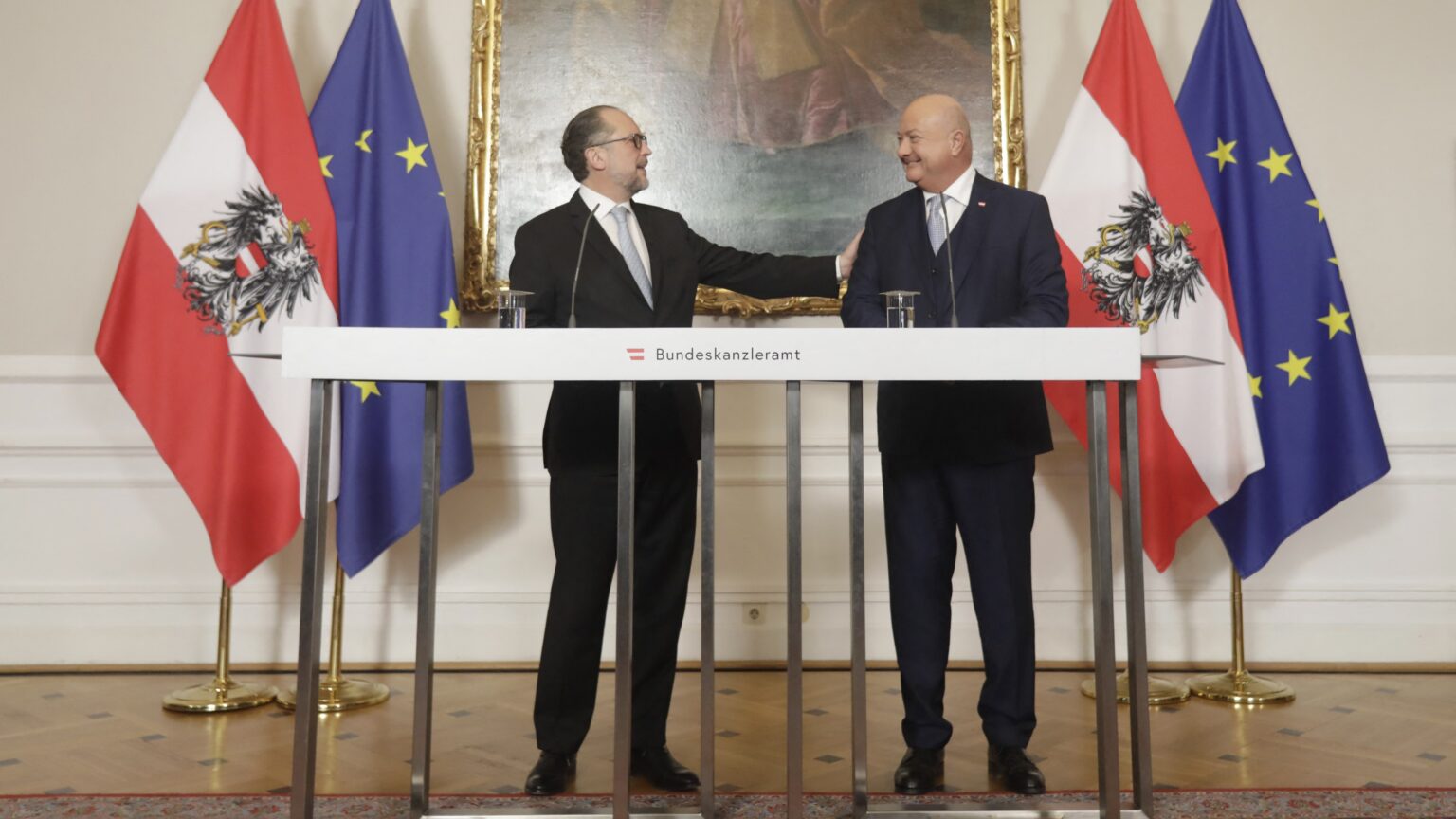
‘Stocker’s old-fashioned, almost managerial Christian democratic character and his almost accidental path to the Chancellorship add to the contradiction between the electoral results and the resulting government…it is undeniable that voters have overwhelmingly rejected the previous ÖVP–Green coalition, with both parties suffering major losses, and voted for change rather than continuity.’